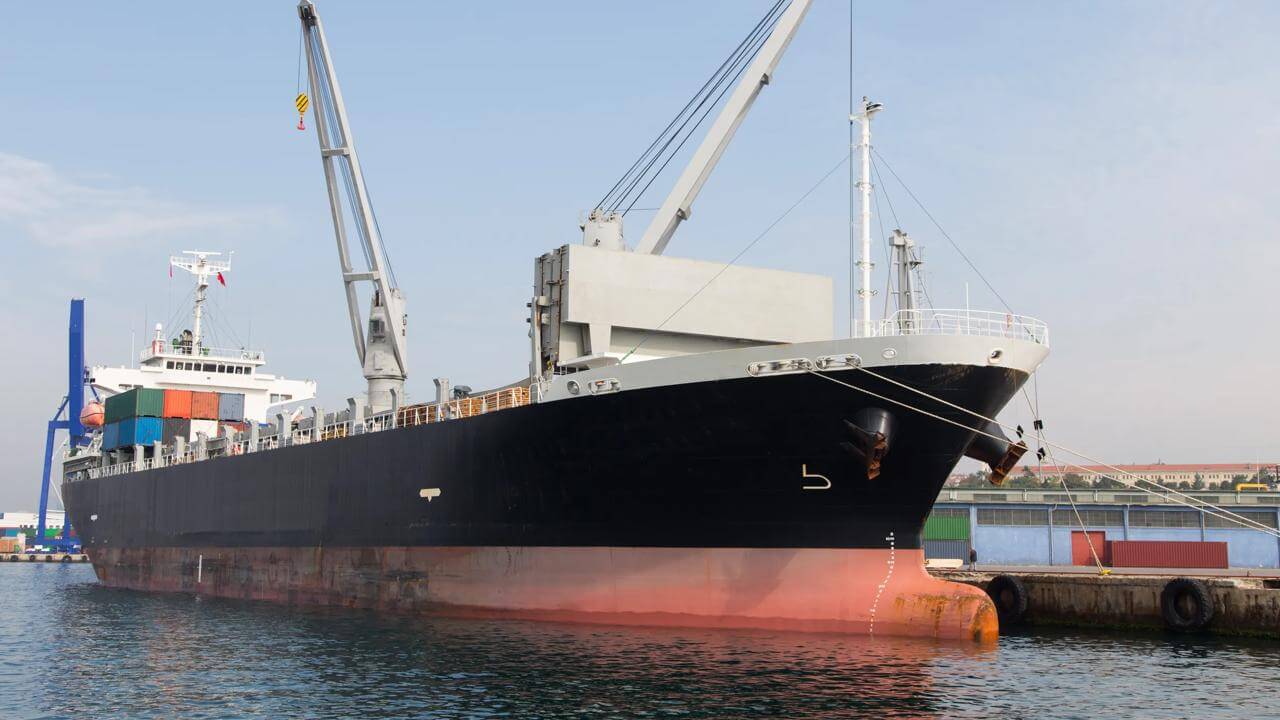Contribution claims post settlement – Percy v Merriman White & David Mayal [2021] EWHC 22 (Ch)
This claim addresses the question of whether a collateral defence can be raised to a claim for contribution following a settlement under the Contribution Act 1978 (“the Act”) and the apportionment of liability for negligence between a solicitor and a barrister.
Summary
This claim addresses the question of whether a collateral defence can be raised to a claim for contribution following a settlement under the Contribution Act 1978 (“the Act”) and the apportionment of liability for negligence between a solicitor and a barrister.
Background
Mr Percy retained MW in respect of a shareholder dispute with a Mr Trevor arising out of a joint venture for land acquisition and development. In brief, Mr Percy’s complaint was that Mr Trevor was utilising joint venture company funds to pay for development of his property, in breach of the agreement.
After MW’s instruction, Mr Trevor made an early settlement offer to pay £265,000. MW instructed Counsel – Mr Mayal - to advise. He did so in conference at which he confirmed there should be two separate actions, one for a derivative claim for funds misappropriated by Mr Trevor and the other for an unfair prejudice petition to force Mr Trevor to buy Mr Percy’s shareholding.
The claim was brought as a derivative claim by Mr Percy on behalf of the company and so he required the permission of the Court (s.260 Companies Act 2006 (“CA”)) and an order under CPR 19.9E, that the company should indemnify him against any liability for costs was required. Mr Mayal advised a freezing injunction be sought given Mr Trevor was selling the house on which company funds had been spent and at the freezing injunction hearing, Mr Trevor’s representative argued that a derivative claim was not appropriate and that a winding up order should be made in respect of the joint venture companies.
Mediation then ensued, at which Mr Trevor increased his settlement offer to £500,000. Mr Mayal was not present but advised ahead of mediation and after it – in particular he valued the claim between £400,000 - £750,000 and, in respect of the application to continue with the derivative claim, despite the comments of the opposition at the freezing injunction hearing, he described this as a “formality”.
Unfortunately, the application for permission to continue the derivative claim under the CA was refused. Given the status of the venture (it being effectively at an end) and the dispute between the shareholders, the District Judge observed that it was natural for the company to be wound up on a just and equitable petition of either shareholder rather than to continue as a derivative action. Accordingly, the claim was brought to an abrupt end.
Mr Percy brought a claim for professional negligence against MW and Mr Mayal alleging they should have advised that a derivative claim was misconceived and that the claim should have proceeded in line with the District Judge’s assessment.
Both defendants argued that Mr Percy’s loss was reflective of the company’s and was therefore irrecoverable. After pleadings had been exchanged and contribution notices served, Mr Mayal reached a drop hands settlement with Mr Percy. MW later compromised Mr Percy’s claim but sought a contribution from Mr Mayal.
Contribution
It is common ground that in solicitor/barrister cases, both professionals will owe the client similar duties and, where things go wrong, likely be responsible, broadly, for the “same” loss and damage1. However, the question in this case went to the effect of s1(4) of the Act because Mr Mayal argued that MW was not liable to Mr Percy because of the reflective loss argument. Accordingly, he could not be liable for a contribution. However, s1(4) of the Act states:
“A person who has made or agreed to make any payment in bona fide settlement or compromise of any claim made against him in respect of any damage (including a payment into court which has been accepted) shall be entitled to recover contribution in accordance with this section without regard to whether or not he himself is or ever was liable in respect of the damage, provided, however, that he would have been liable assuming that the factual basis of the claim against him could be established.” (our emphasis)
The impact of this section, as per the ruling in this case and following WH Newson Holding Limited v IMI Plc & Delta Limited [2016] EWCA Civ 773, is that there need be no inquiry as to whether or not MW was actually liable to Mr Percy as long as it could be assumed that the factual basis of the claim against MW could be established: i.e. a reasonable cause of action against it such as to make it liable in law to Mr Percy in respect of the damage. If it could prove that then MW was entitled to succeed against Mr Mayal on the basis that he had caused the same damage. Judge Briggs found that, in accordance with s1(4) of the Act, there was no collateral defence available to Mr Mayal.
Level of contribution
Judge Briggs ordered Mr Mayal pay a 40% contribution to MW. By way of rational, he found that MW had held themselves out as experts in commercial law but that they had not provided detailed advice on the initial offer received or at any stage assessed likely quantum. Mr Mayal was not present at the mediation where the increased offer was rejected. Neither defendant advised about the potential dismissal of the permission application, despite the warning shot given by Mr Trevor’s representatives but that MW was not entitled to take Mr Mayal’s advice to press on at face value. However, responsibility for taking the case to the permission hearing lay predominantly with Mr Mayal2.
Comment
It will be open to a notional D2 to argue that D1 who settled a claim by C did not enter into a bona fide settlement but that may be difficult if there are not grounds to show collusion, corruption or dishonesty – such concepts that parties often allude to but do not pursue with any meaningful rigour – because, of course, they are difficult to prove. As such, this case is a stark reminder of the terms of s1(4) of the Act and the limited defences available to a co-defendant from whom a contribution is sought post settlement.
Practical tips for those dealing with settlement of multiparty disputes include seeking to tie up all the loose ends conclusively with all parties where possible or, where that is not possible, obtaining an indemnity from the Claimant in respect of any contribution claims.
As to the apportionment between MW and Mr Mayal, the case serves as a reminder that solicitors are not able to blindly accept and/or rely on Counsel’s advice particularly where the subject matter of the dispute is within their professed area of expertise. However, when the error is so closely connected to Counsel’s advice, the level of contribution will increase.
Finally, solicitors with day to day conduct of cases must give careful consideration and advice in relation to offers received and the likely value of their client’s case.
1s1(1) Contribution Act 1978
2Although if he was wrong about that he confirmed the defence of “no reflective loss would” have failed.
Contact

Mark Hickson
Head of Business Development
onlineteaminbox@brownejacobson.com
+44 (0)370 270 6000







































